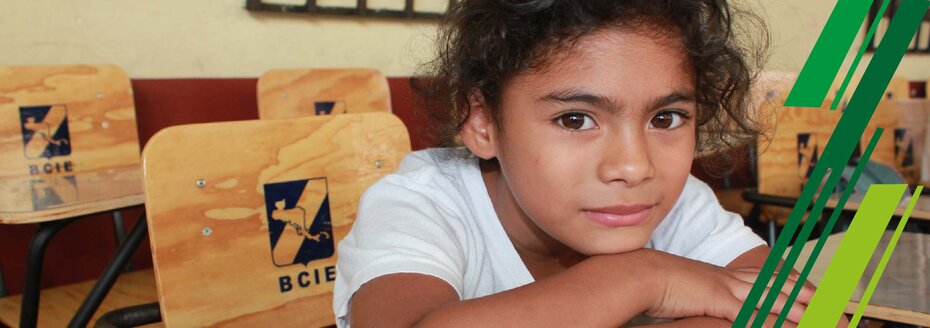The relationship between the organization and the community is a key element of the Bank, whose strategic purpose is based on increasing the regional relevance of CABEI as a catalyst for resources to strategically address the environmental and social challenges and opportunities of the Central American region. CABEI's main focus is people, and therefore seeks to promote strategies and activities that promote their wellbeing and reduce and mitigate any negative impact derived from their operation.
Promotion of welfare initiatives for the region, in compliance with the Sustainable Development Goals (SDGs). In this way, the participation and empowerment of communities and citizens in general is promoted for the joint development of social investment projects, prioritizing issues such as health, education, the environment and community development.
Annually, volunteer programs are developed in each office in Central America with the active involvement of the collaborators dedicating time and effort to channeling resources to these instances and supporting them. The Bank joins efforts with various civil society organizations with the objective of contributing to the reduction of poverty.
As part of its commitment, CABEI sees gender equity as one of its key drivers for achieving inclusive and sustainable economic and social growth, which is why the equitable participation of women and men in the development process is highlighted as a strategic principle of the Bank's activity in its commitment to the Central American region and its member countries.
In accordance with the action plans to address relevant issues related to best practices, CABEI has initiated a certification process in Gender Equity with EDGE Strategy, which is a leading organization in the use of global evaluation and certification methodology whose goal is to help organizations create optimal workplaces for both women and men.
Likewise, the Institution sponsors the holding of events that contribute to the integration and sustainable development of Central America and other member countries of the Bank through the dissemination of knowledge, promotion of responsible practices and generation of relationships, among others in topics consistent with the Institutional Strategy.
Finally, the Bank seeks continuous improvement through the training of its staff and suppliers so that they understand the importance of community support and can become key players in the promotion of best practices.

